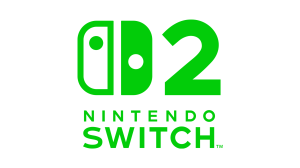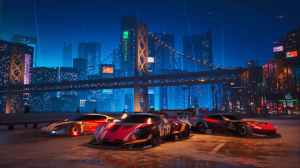
When Dragon Age: Inquisition hit in November 2014, it was greeted by universal critical praise. A month later when the annual Game of the Year awards were dished out, it received more than any other release that year. Yet, the game wasn’t without its passionate critics.
Videos by ComicBook.com
While never coming close to Dragon Age 2-level’s of negative criticism, it did on a smaller scale divide parts of the hardcore Dragon Age following and broader gaming circles alike. Nobody was denying its quality, but many did point out some of its shortcomings.
To date, one of the most circulated and common criticisms of Dragon Age: Inquisition is that its world felt hollow. This was a critique that was further amplified when the following year The Witcher 3: Wild Hunt released, a similar game, but one with a world that was bursting with life and realization. If Dragon Age: Inquisition felt hollow, The Witcher 3 felt a hair away from reality.
Some have pointed out that the comparison isn’t quite fair, as the two are attempting different things with their vast open (or in the case of DA: I, semi-open) worlds. Further, three years later and The Witcher 3 is still the bar for world crafting and world immersion, so it’s a hard game to be compared to. But nonetheless, the two are often compared given they are similar games, that released near each other.
That all said, recently Eurogamer conducted an interview with longtime Dragon Age boss Mike Laidlaw, who notably left BioWare last year, much to the disappointment of fans of the franchise.
During said interview, Laidlaw talked at length about the games he worked on while at the prestigious developer, including DA: I. Despite the game being a critical and commercial success – BioWare’s most successful launch to date – Laidlaw admits it had problems, specifically it was a bit hollow.
“We recognized it was a little hollow,” said Laidlaw, who then continued by saying if he could go back in time, the game would have been more like The Witcher 3.
“I love the way The Witcher 3 put more cinematic, more heavy story quests into those open worlds in order to even out the pacing and do it in a way players responded to super positively. Whereas in our case, it felt like there were two phases of the game: there was the stuff in the open world which, again, the writers did a great job of theming each zone so it had like, oh, this is the one where there was an expedition that went missing and it’s all full of notes, but it was never quite the same as the level of intensity you got when you went back in time and rescued Leliana from Redcliffe. Those were heavily cinematic. So, I think it was a bit jarring due to being inconsistent.
“If I could go back I’m sure we’d look closer to The Witcher 3 – in the hindsight that I’ve seen The Witcher 3. Even we knew it was living where it was and we hadn’t balanced our budget in our deployment of stuff properly in the same way hindsight would have led me to do.”
What will be interesting to see is if the remaining creative leads agree with Laidlaw, that the game should look more like The Witcher 3. We already know a new entry in the series is in development, albeit very early in development. By the time it hits, CD Projekt Red‘s Cyberpunk 2077 might be out. In other words, we may just be in for a whole new round of comparisons as both look to set new bars like they have in the past.








